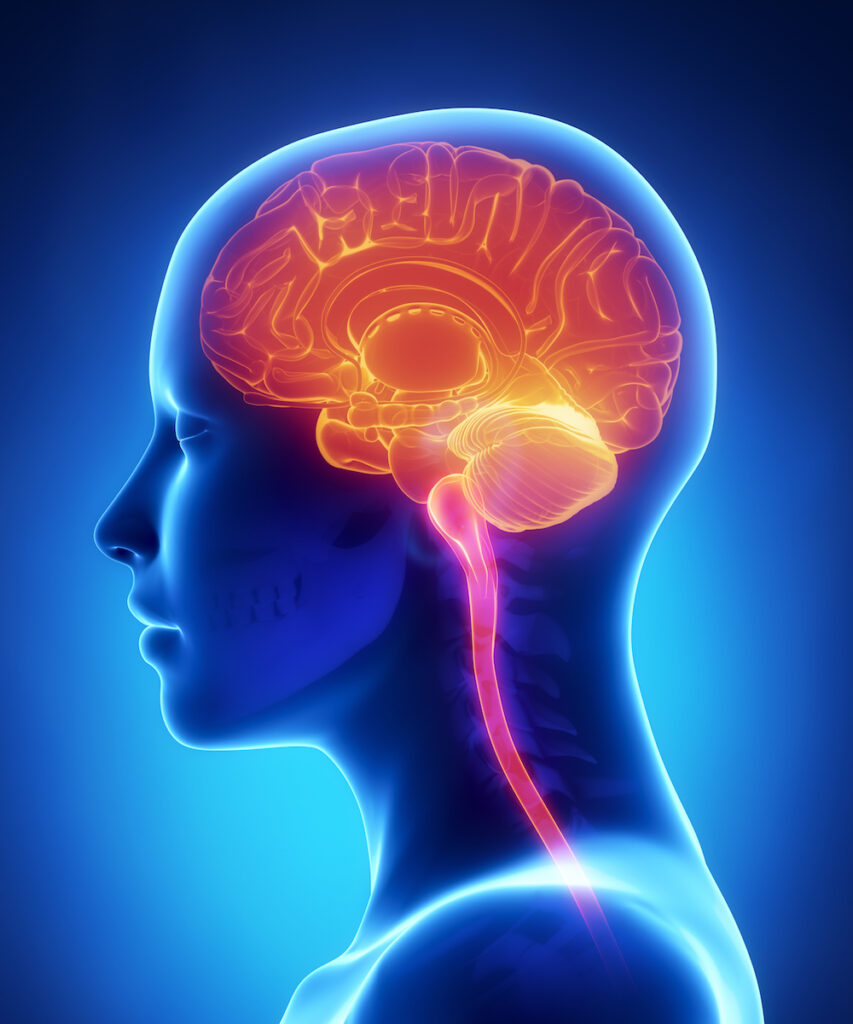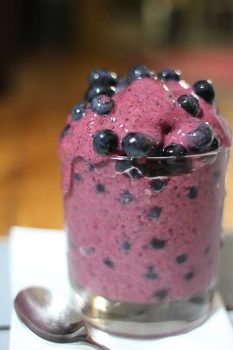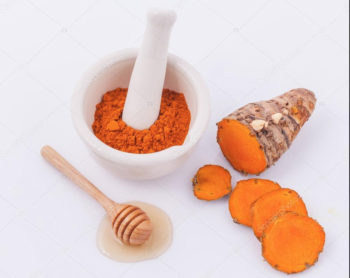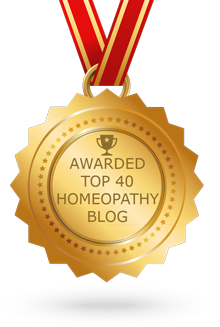What is Multiple Sclerosis (MS)?

MS is an autoimmune inflammatory disease, in which the immune system eats away at the protective covering of the nerves, resulting in nerve damage which disrupts communication (nerve transmissions) between the brain and the body.
MS Symptoms
Multiple Sclerosis causes many different symptoms such as:
- Blurred vision (sometimes vision loss)
- Chronic pain
- Fatigue
- Impaired co-ordination, difficulty maintaining body posture/loss of balance and dizziness
- Stiffness or spasms
- Numbness and tingling
- Electric shock feeling
- Slurred speech
- Tremor
- Bladder problems
- Bowel trouble
Some people may be symptom free for most of their lives, whilst others can have severe, chronic symptoms that do not go away.
What causes MS?
Multiple Sclerosis (MS) is an unpredictable condition that affects the brain and the spinal cord – and it is one of the most common causes of disability in younger adults. Scientists believe a combination of environmental and genetic factors contribute to the risk of developing the condition. There is also a growing school of thought that the illness could be linked to Lyme disease.
In Australia, there has been a 30% increase in MS between 2017 and 2021
The number of Australians living with multiple sclerosis (MS) is increasing at a significant and accelerating rate.
A report written in March 2023 with the latest data showed that 33,335 Australians were living with MS in 2021, an increase of 30% (7,728) over the four years since the previous update in 2017 (25,607).
“Increasing MS numbers are not what any of us want to see, however, the data is consistent with what we have been witnessing both domestically and internationally. Many lifestyle and behavioural risk factors contribute to a person developing MS, including obesity and insufficient sunlight exposure” says Professor Bruce Taylor, principal Research Fellow at the Menzies Institute for Medical Research and Clinical Neurologist at the Royal Hobart Hospital.
Nutritional Foods which can lower symptoms
In a study published in January 2018 in the journal Neurology, a diet rich in fruits and vegetables were shown to lower symptom severity in people with MS, they were less fatigued, experienced less pain, cognitive impairment, and depression. Consuming foods such as tomatoes, leafy greens such as spinach and kale, strawberries, blueberries, cherries, and oranges, appeared to lesson disability and lowered symptom severity.
Anti-inflammatory foods appear to be helpful. A review published in July 2021 in Nutritional Neuroscience found that omega 3 and fish oil may reduce inflammatory markers and relapse rates, and improve quality of life for people with MS. It is also believed that a higher intake of fatty fish may lower a person’s risk of developing MS. 1
Vitamin D and MS, is there any connection?
The further away from the equator people live the higher the prevalence of MS. Tasmania has twice the prevalence of MS than that of Queensland.
Vitamin D may have a protective effect and lower the risk of developing MS. Many studies have shown that people who get more sun exposure and vitamin D in their diet have a lower risk of MS. Therefore, vitamin D supplementation may offer some benefits.
Although evidence is not conclusive, it is believed vitamin D can lessen the frequency and severity of symptoms and lengthen the time it takes to progress from relapsing-remitting MS to the secondary progressive phase. 2
Dr Cicero Galli Coimbra is a Brazilian Neurologist who designed the Coimbra vitamin D protocol. The protocol treats a variety of autoimmune diseases throughout the world. Included are Multiple Sclerosis, Lupus, Psoriasis, Rheumatoid Arthritis, and Crohn’s Disease. Vitamin D3 is unique among vitamins working more like a hormone, it controls many functions within the cells of our bodies, and the immune system is particularly reliant on it. His protocol involves giving large doses of vitamin D3.
Coenzyme Q10 (CoQ10)
CoQ10 (also known as ubiquinone) is a lipid-soluble antioxidant which can reduce oxidative stress and inflammation, the process associated with demyelination in MS. In one study 60 patients with MS were treated with CoQ10 for 3 months. Products of oxidative damage are widespread in MS brains, and have been associated with development of inflammation, demyelination, and neurodegeneration. At the end of the study CoQ10 was shown to reduce oxidative damage, which was a promising finding, as targeting oxidative stress could represent a valuable therapeutic for both relapsing and remitting MS. 3
Bacopa Monnieri
Bacopa is a plant that has been used for centuries in traditional Ayurvedic medicine. It is believed to increase certain brain chemicals that are involved in thinking, learning, memory and concentration. It has also been shown to have anti-inflammatory effects for treatments such as arthritis.
Chronic inflammation of the myelin sheath causes progression of multiple sclerosis. Bacoside-A is one of the major constituents obtained from Bacopa and possesses neuroprotective as well as anti-inflammatory actions. 4
Bacopa can be taken as a tea, powder or tincture. Advice should be taken from a trained practitioner before deciding on dose and form of treatment.
Evening Primrose Oil
Evening primrose oil contains a significant amount of GLA (gamma-linolenic acid, the essential fatty acid omega 6), that contributes to the proper functioning of the nervous system and transmission of nerve impulses. A study of 52 patients with MS was undertaken, and the findings indicated that EPO consumption increased cognitive function, vitality and overall life satisfaction. It also reduced pain and fatigue. 5
Turmeric
Turmeric is a yellow spice made from dried rhizomes (underground stems) of the plant Curcuma longa. It is also a herbal medicine and dietary supplement. Turmeric has anti-inflammatory and antioxidant properties. It adjusts cell cycle regulatory proteins, enzymes, cytokines and transcription factors in central nervous system disorders such as MS. In a microscopic study of the tissue, it showed that curcumin nanoparticles protected the affected lesion areas in the myelin sheath, and there was also a reduction of inflammation. 6
Cannabidiol (CBD Oil)
The cannabinoid receptors CB1 and CB2 present in the brain are known to co-ordinate movements, posture, pain and sensory perception. Activating these receptors may help in alleviating the major discomforts associated with MS. CBD oil has been shown to reduce fatigue, pain, spasticity and ultimately improve mobility. 7
Indications for Homeopathic remedies which may assist:
Aluminium
Those who have issues with co-ordination/walking, as well as control of their bladder/bowel. They have slow responses to nervous stimuli and slow nerve impulses. Aluminium may also help those that have difficulty expressing their ideas and thoughts, and make mistakes when speaking or writing, often suffering from mental confusion and loss of memory.
Argentum Nitricum
Those with MS who suffer from loss of control with their balance, have trembling and general debility. Their memory is impaired, and they are easily excited or angry. Apart from walking and standing unsteadily, they may have rigidity of their calf muscles, numbness of the body, especially their arms. They often feel worse from warmth, night-time and better for cool open air.
Causticum
Paralysis of vocal cords, tongue, eyelids, or face are apparent in this remedy. Their vision can be impaired by sparks or dark spots before their eyes.
Loss of sensation on their right side, coldness in paralysed limbs.
Conium
This remedy is excellent for those with significant weakness. Loss of strength with difficulty walking, trembling and painful stiffness of their legs. Numbness of fingers and toes. Vertigo on closing their eyes, (better for opening). Eye symptoms such as double vision.
Gelsemium
Weakness and paralysis, loss of muscular control. Double vision, or vision can be blurred, or they may have orbital neuralgia. Shaking and trembling on attempting to pick something up from the floor.
Lathyrus Sativus
Limbs feel heavy, the floor feels irregular, and they have to keep their eyes on the ground in order to guide their feet. Rigidity of legs, stiff and lame ankles.
Kali Phosphoricum
Worse for mental overexertion, causing worry and anxiety, which can lead to insomnia. Memory lapses and fatigue.
Natrum Muriaticum
Feel as if they are in their own world, loss of speech, over sensitive and feel very weak. They may suffer from dry skin, cold sores, herpes and dry skin. They have painful contractions of hamstrings, and their ankles can feel weak and turn easily.
Nux Vomica
Vertigo and momentary loss of consciousness. They may exhibit numbness and paralysis of lower limbs, trembling in their body, and especially in their hands.
Other indicated remedies: Oxalic Acid; Phosphorus; Physostigma Venenosum; Plumbum Metalicum; Zincum Metalicum.
Disclaimer
In any long-term or chronic illness such as MS, the advice of your medical healthcare professional should always be sought. You are encouraged to ask them any questions or concerns you may have regarding your condition and to explore further your health management options. In the treatment of chronic, serious or ongoing illness, co-operation and open dialogue with your medical doctor will ensure that you are receiving the best medical care possible.
Homeopathic remedies should only be prescribed after consulting with an experienced homeopath.
Deciding which supplements to take?
One of the most important things I have learnt as a homeopath is that everyone is completely different, therefore those suffering from multiple sclerosis will not suffer from the same symptoms. However, good nutrition is something that is important for everyone, so a diet high in fruits and vegetables (preferably organic) is always a good place to start.
The nerve repair supplements and nutritional items that I have mentioned in this article, which research has shown may help MS suffers, such as Vitamin D, CoQ10, Evening Primrose Oil, Bacopa and Turmeric are definitely worth trying. I would personally suggest taking each one individually for a week at a time, so that you can notice if they make a difference to your symptoms.
CBD oil is also worth researching, as many MS sufferers have noticed an amelioration in their symptoms. In this instance I would recommend finding a medical practitioner who is experienced with prescribing it, and what quantities to take.
As a homeopath I would recommend trying homeopathy. Prescribing on individual symptoms is essential, and often a series of homeopathic remedies will be prescribed which can make a positive change over time.
References
1. Effect of omega-3 fatty acids and fish oil supplementation on multiple sclerosis: a systematic review. Welayah Ali AlAmmar et al. Nur Neurosci. 2021 Jul.
2. Raghuwanshi A, et al. VitaminD and multiple sclerosis. Journal of Cell Biochemistry 2008; 105;338
3. Van Horssen J, Witte M, Ciccarelli O. The role of mitochondria in axonal degeneration and tissue repair in MS. Mult Scler 2012; 18: 1058-1067.
4. Bacoside – A inhibits inflammatory cytokines and chemokine in experiential autoimmune encephalomyelitis.
5. The effect of evening primrose oil on fatigue and quality of life in patients with multiple sclerosis. Nastaran Majdinasab et al. Neuropsychiatr Dis Treat. 2018.
6. Therapeutic potential of curcumin for multiple sclerosis. Munibab Qureshi et al. Neurol Sci. 2018 Feb.
- Weight Loss and Glucose Management: It’s not just what we eat but how we eat - 19/06/2024
- Getting on top of your cholesterol management - 12/04/2024
- Discover the Power of Homeobotanicals - 18/03/2024



